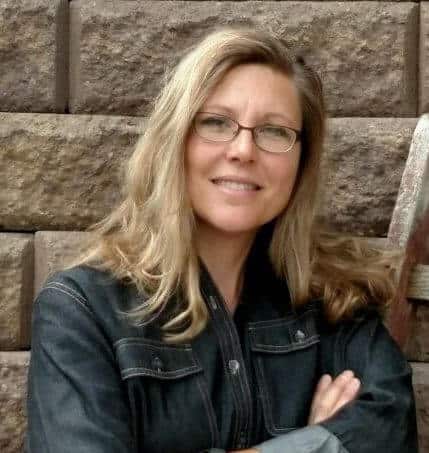Welcome back to today’s Time in the Word. Pharaoh had shown some remorse with the Plague of Hail. Pharaoh admitted that he had sinned, God was right, and Pharaoh and his people were wrong. However, Pharaoh and his officials hardened their hearts and refused to let the Israelites go.
I have no doubt that God gives fair warning to all. He has a line in the sand; when you cross it, get ready! God knew Pharaoh had no respect for God as GOD. Pharaoh only knew his little “g” gods through his Egyptian religious upbringing.
God has been working in the Egyptian’s natural world with supernatural force. Challenging Pharaoh, his occult practicing officials, and the Egyptian people.
Some of Pharaoh’s officials believe in the God of the Israelites. I’m sure Pharaoh noted this, and perhaps Pharaoh is making it uncomfortable for these thinking few.
What is a locust?
What is a locust? A locust is a large grasshopper that resides on almost every continent in the world. Locusts are known for their innate ability to respond chemically to changes in their environment and through the sight or touch of another locust.
Only in the “gregarious” phase does the locust begin to swarm. Once in this phase, the locusts grow at a phenomenal rate and hop in their swarms from one vegetative area to another; eating every plant in sight. This vegetation destruction causes social, economic, and international problems. Check out this great article about locusts here, https://www.livescience.com/locusts.html.
In preparation for writing these devotions on the Ten Plagues, I read several articles, many non-Christians trying to debunk the historical evidence of stories from the Bible. Many claim natural occurring incidences.
Plague Number Eight: Locust
Exodus 10:1-20 -NIV
God instructs Moses to go and speak with Pharaoh. God immediately tells Moses that he has already hardened Pharaoh and the official’s hearts. The hardening of their hearts serves a purpose:
- To show all of Egypt that God alone is God- there is no other.
- The children and grandchildren of the Israelites will have stories to reflect upon and continue to build faith in the Lord.
Moses questions Pharaoh as to how long Pharaoh can remain stubborn. If Pharaoh refuses to let the Israelites go and worship, a plague of locusts comes within 24 hours. Wall-to-wall locusts are everywhere, eating every piece of vegetation they can find. This means whatever the hail left, spelt and wheat will be destroyed! That’s all the food they had left in the fields. YIKES!
Moses and Aaron leave the meeting. Pharaoh’s official’s lay it on the line, pointing out most of Egypt is destroyed. How long do we let Moses and this god do this to us?
Pharaoh calls Moses and Aaron back and tries to compromise; asking the women and children to be left in Egypt, leaving the men to go worship. Pharaoh insinuated that Moses had evil plans for the Israelites. And with that Moses left and summoned the locust with his staff.
Egyptian god or goddesses the plague confronted– Barnes Bible Chart pdf:
- Serapia- god that protected Egyptians from locusts
Interesting Notes and Insights
- Moses and Aaron continued to be obedient to God.
- Moses is performing the act of summoning the plagues.
- Pharaoh begins to relent through the influences of his officials as well as seeing the suffering of his Egyptian people. But will it be enough?
- You can see Pharaoh moving through the stages of grief: anger, denial, bargaining.
- God, through the plagues, has moved through supernatural displays in nature: weather, environment, seasonal crops, animals, and physical affliction.
- What remains, of the wheat and spelt crop, will be eaten by the locust. This now places all of Egypt in dire food supply straits.
- The Israelites remained untouched, unaffected by plagues four through eight.
Can you find plagues in your life? What is happening in the world around you? Is God getting your attention by eliminating things in your life?
Next week, The Plague of Darkness. Thank you for joining me here in Time in the Word.
Resources:

Michele Bruxvoort is sure to draw you in with her delightful sense of humor and love for living life. She enjoys reading, repurposing, as well as remodeling the family home with her husband. Drawing from her life experience as wife, mom, and follower of Jesus, Michele brings you a very honest and real perspective on life. When you don’t find her writing, you can find her mowing lawns, stocking shelves, taking care of her grandbaby and tackling her latest life adventure.
Wisconsin native and empty-nester, she now makes her home with her husband of 27 years in the South West Prairie plains of Minnesota.
